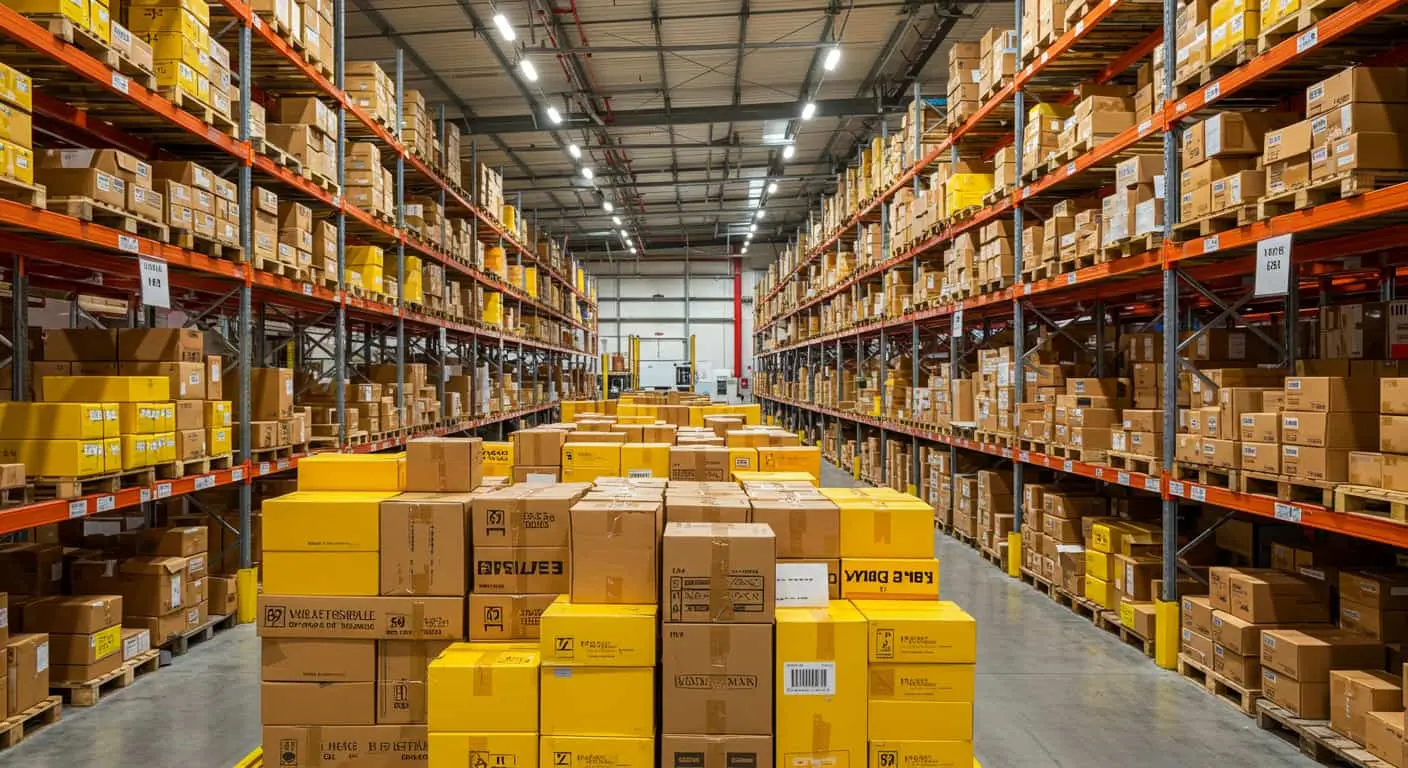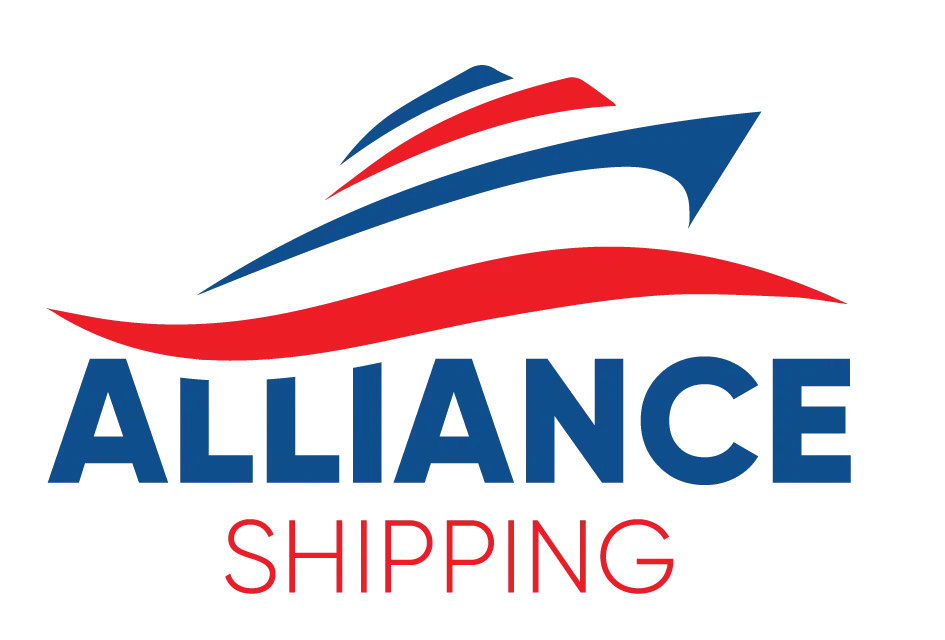Shipping Cargo from Iran to Cameroon
Professional shipping solutions with competitive rates and reliable service. Your trusted
partner for Iran-Cameroon cargo.

Overview
Shipping Cargo from Iran to Cameroon
Iran is expanding its export footprint, and Cameroon is becoming a significant partner in this endeavor. The cargo from Iran to Cameroon consists of diverse products, including machinery, chemicals, and agricultural goods. This trade relationship is bolstered by the growing demand for varied exports that Iran is uniquely positioned to supply. As trade routes mature, infrastructure improves, and markets open, the cargo from Iran to Cameroon is expected to see continuous growth, benefiting both nations economically.

Shipping Methods
How Cargo from Iran to Cameroon Moves
Air freight is the fastest way to move cargo from Iran to Cameroon. Ideal for urgent shipments and goods that need to arrive quickly, air freight is slightly more expensive compared to sea freight. It is suitable for smaller quantities or high-value items where speed is crucial and cost is less of a concern.
Sea freight offers a cost-effective solution for transporting large volumes of cargo from Iran to Cameroon. Although slower than air freight, it is well-suited for bulky or heavy items that are not time-sensitive. Sea freight is the preferred choice when budget is a priority and there is flexibility with delivery times.
Shipping Cargo from Iran
Shipping Cargo from Iran to Cameroon involves transporting goods across continents, connecting the Middle East to Central Africa. Iran, known for its rich oil reserves and diverse industrial products, exports a variety of goods, including machinery, chemicals, and textiles. Cameroon, with its growing economy, imports these goods to support its infrastructure and development projects. Shipping Cargo from Iran to Cameroon typically involves long sea routes, often passing through major chokepoints like the Suez Canal. This trade route is essential for fostering economic ties between the two regions, promoting cultural exchange, and supporting local industries. The journey requires careful planning to ensure timely delivery and cost-effectiveness, making it a vital link in the global supply chain. As both countries continue to develop, the demand for efficient shipping solutions is expected to grow, enhancing trade relations and economic prosperity.
Shipping cargo from Bandar Abbas to Cameroon
Shipping cargo from Imam Khomeini to Cameroon
Shipping cargo from Bushehr to Cameroon
Shipping cargo from Chabahar to Cameroon
Shipping cargo from Khorramshahr to Cameroon
Cargo Types
Popular Products in Cargo from Iran to Cameroon
Iran exports a variety of petrochemical products which are commonly transported in cargo to Cameroon.
Fertilizers are frequently shipped as they support agriculture in Cameroon and are a staple in trade from Iran.
Iranian pharmaceuticals are often exported, contributing significantly to cargo moving towards Cameroon.
Textiles, especially fabrics, are part of the regular cargo shipped from Iran to Cameroon.
Various food items, including nuts and dried fruits from Iran, frequently travel in cargo to Cameroon.
Documentation
Paperwork for Cargo from Iran to Cameroon
- Pro-forma Invoice: Establishes basic terms of sale and provides a quote.
- Commercial Invoice: Provides detailed information on the goods being sold and terms agreed.
- Packing List: Essential for understanding the contents of the shipment and how it’s packed.
- Export License: Required for goods being exported from Iran, verifying legal compliance.
- Certificate of Origin: Clarifies that the goods are manufactured in Iran.
- Bill of Lading: Details the shipping route and acts as a receipt of cargo.
- Insurance Certificate: Safeguards against potential losses or damages during transit.
- Customs Export Declaration: Necessary for clearing goods at Iranian customs.
- Import License: Required for the legal entry of goods into Cameroon.
- Cameroon Customs Declaration: Needed for customs clearance when entering the country.
Double-check all documentation for completeness and accuracy to avoid unnecessary delays. Ensure compliance with both Iran and Cameroon’s trade regulations. Collaborate closely with freight forwarders to streamline the cargo process from Iran to Cameroon. Keep updated with any changes in customs requirements. Organize all documents in advance to facilitate smooth customs clearance.

Cost Estimation
Estimate Cost of Cargo from Iran to Cameroon
Shipping Cost Factors
Shipping cargo from Iran to Cameroon is influenced by various factors that determine the freight cost. Understanding these elements can help in calculating how much it costs to ship cargo internationally and explore cheap ways to execute the shipment. Air cargo typically costs more than sea cargo, but each has its pros and cons, affecting export pricing.
-
Weight and Volume
The heavier and larger your cargo, the higher the shipping cost. Shipping companies often use the greater of the actual weight or volumetric weight for freight cost calculations.
-
Delivery Timeframe
Faster shipping methods like air freight are more expensive than slower methods like sea freight. Your budget and urgency will affect this choice.
-
Distance and Route
The geographical distance between Iran and Cameroon affects fuel and labor costs. More direct routes tend to be less costly but can vary based on global events.
-
Packaging
Proper packaging reduces damage and can save costs. However, it can also add to the weight and volume, impacting shipping rates.
-
Customs and Duties
Export and import regulations, duties, and taxes vary by country, influencing the final shipping cost. Understanding these can prevent unplanned expenses.
-
Transportation Mode
Choosing between air or sea cargo affects costs. Air freight is faster but more expensive, while sea freight is budget-friendly but slower.

FAQ
Common Questions About Cargo from Iran to Cameroon
The primary modes of transport for shipping cargo from Iran to Cameroon are sea freight and air freight. Sea freight is suitable for bulk or heavy goods, while air freight is faster and best for urgent or high-value shipments.
You typically need an invoice, packing list, certificate of origin, bill of lading or airway bill, and any specific export/import permits required by both countries.
Shipping times can vary. Sea freight usually takes about 4 to 6 weeks, depending on the port and route, while air freight usually ranges from 3 to 10 days.
Cameroon's import duties and taxes vary depending on the type of goods being imported. It's important to check with local customs authorities or use a customs broker to understand the specific tariffs applicable to your shipment.
Working with a reliable freight forwarder can streamline the logistics process. They can handle all aspects of transportation, document preparation, and customs clearance, ensuring your cargo reaches its destination smoothly.
Yes, certain goods may be subject to restrictions or require specific export licenses from Iran and import licenses in Cameroon. It's crucial to check both countries' regulations regarding restricted or controlled items before shipment.
Most logistics companies and freight forwarders offer tracking services for shipments. You can use the tracking number provided in your shipping documentation to monitor the location and progress of your cargo.
Get Started
Getting Started with Alliance Shipping

Looking to ship goods from Iran to Cameroon? You might be wondering about the best way to navigate customs, find dependable services, or simply get your goods safely to their destination. Shipping across continents can pose quite a few challenges, especially when it comes to unfamiliar routes and regulations.
Alliance Shipping makes the process smooth and straightforward. We’re here to help you ship cargo with ease, offering reliable service and expertise every step of the way. Ready to get started? Contact us today to find out how we can simplify your shipping experience.

